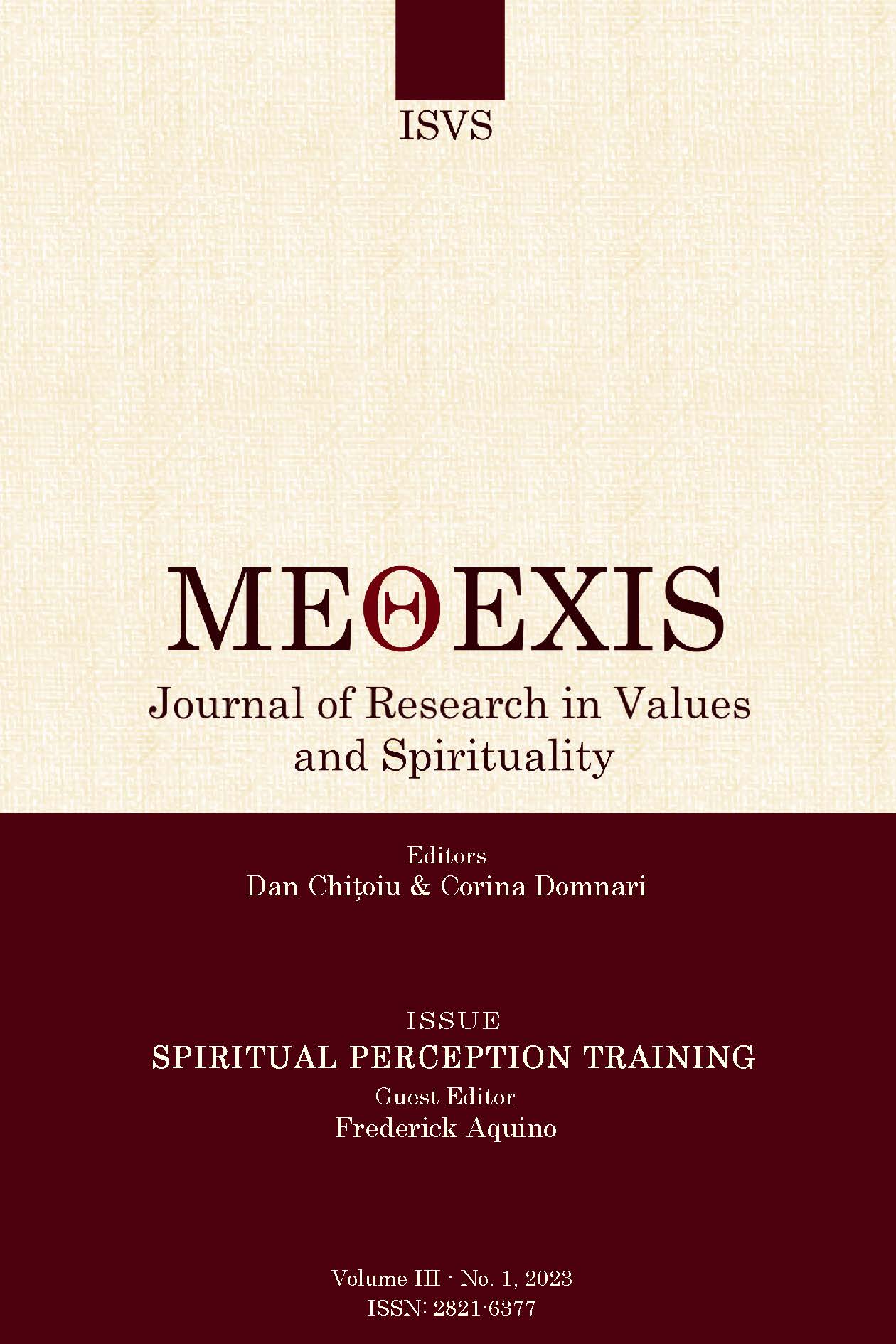Barbarians No More. Revisiting the Eastern Contributions to Early Greek Philosophy
Barbarians No More. Revisiting the Eastern Contributions to Early Greek Philosophy
Author(s): Constantin C. LupascuSubject(s): History of Philosophy, Philosophical Traditions, Non-European Philosophy
Published by: Institute for the Study of Values and Spirituality
Keywords: Zoroastrianism; Magi; Plato; Ancient Greek Theology; Ancient Persian Philosophy;
Summary/Abstract: We often assume that our present world alone has experienced the phenomenon of globalization and that it is necessarily a feature of the modern age. And in this we like to imagine the world of the past as made up of homogeneous monolithic blocks with rigid and well-defined impenetrable boundaries. Nothing could be further from the truth. The ancient world enjoyed an interconnectedness as tight if not tighter than ours is today. Nowhere do we see this connection better than between the Greek and the Persian world. The conflict between the two serves as the starting point of the archetypal conflict between the Orient and the Occident. However, at the same time, Persian culture served as a foundation for Greek moral philosophy and by extension, had a major influence on later Jewish, Christian and Islamic philosophy. The transition from mythological to philosophical knowledge occurs in Greek thought when it encounters these Magi. In this regard, we shall see that Plato had a special relationship with the Magi, and the Magi in turn held Plato in high regard. However, Plato’s example is by no means an isolated case. We have other equally famous examples of Greek philosophers who we are told went to study in Persia before Plato, namely Pythagoras and Democritus.
Journal: MEΘEXIS Journal of Research in Values and Spirituality
- Issue Year: III/2023
- Issue No: 1
- Page Range: 99-137
- Page Count: 39
- Language: English

